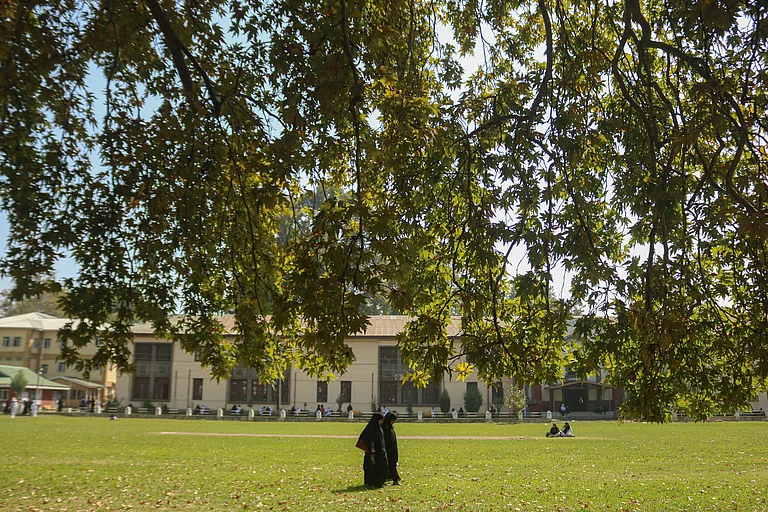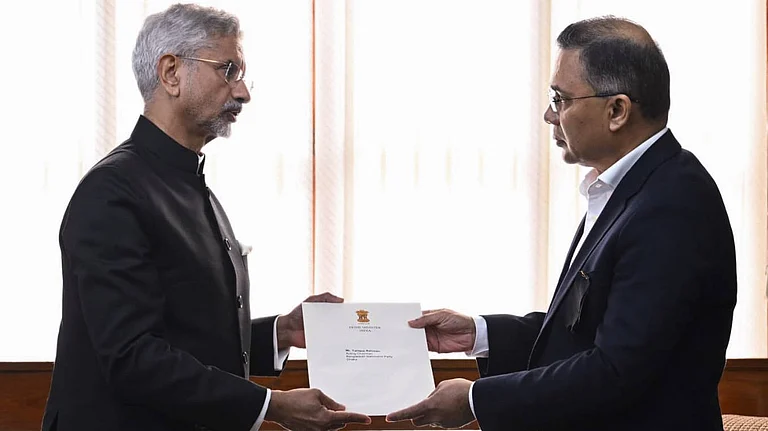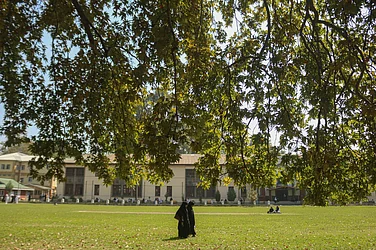Delhi police Thursday informed the Delhi High Court that 6630 CCTV cameras have been installed in vulnerable areas of the national capital as part of measures to strengthen the safety of women.
These CCTV cameras are monitored in five master control rooms, the city police told a bench of Chief Justice Satish Chandra Sharma and Justice Sanjeev Narula.
The court granted the city police time to consider the proposal of installing panic buttons on poles on which these cameras are installed for helping women in distress.
The court was hearing a PIL initiated by it in 2012 on the issue of safety and security of women after the horrific December 16, 2012 gang-rape of a 23-year-old woman in a moving bus. She succumbed to her injuries days later.
Advocate Meera Bhatia, who was appointed as amicus curiae, friend of court, to assist it in the matter, suggested that panic buttons be installed on poles having CCTV cameras so any woman in distress is able to alert the personnel present in the master control rooms immediately.
Additional standing counsel Anuj Aggarwal, who was representing the Delhi police, said the authorities will certainly consider the proposal and urged the court to grant him some time. The bench granted the city police four weeks and listed the matter for further hearing on October 6.
The high court had earlier directed the police to take "immediate and urgent steps" to install CCTV cameras in vulnerable areas of Delhi, saying it will help curb crime and make women secure.
The court has been, from time to time, issuing directions for increasing the number of police officers in the city, installation of CCTV cameras in police stations as well as vulnerable or crime prone areas, reducing delay in testing of samples at forensic science laboratories (FSL) and ensuring speedy disbursal of compensation to victims of sexual assault.
-WIth PTI Input


























